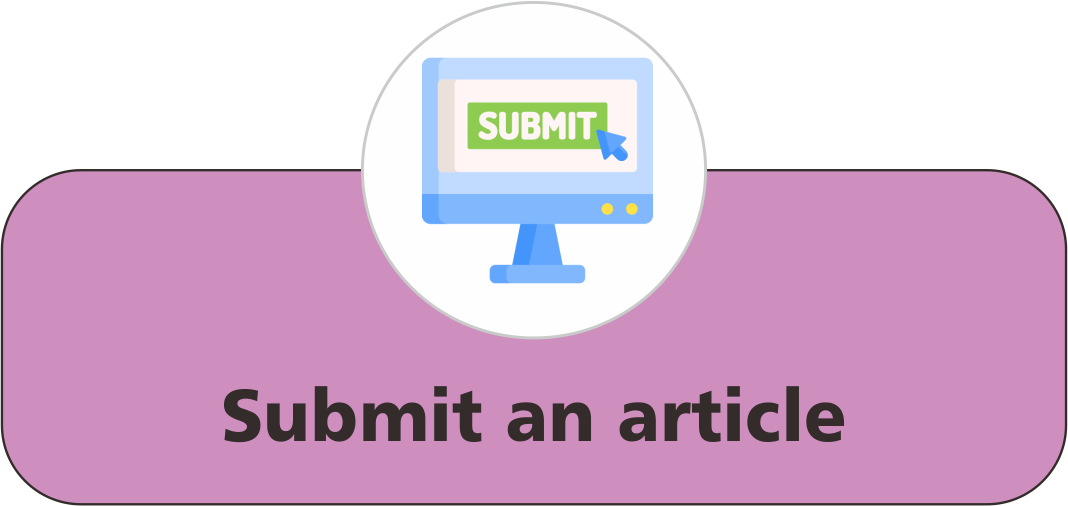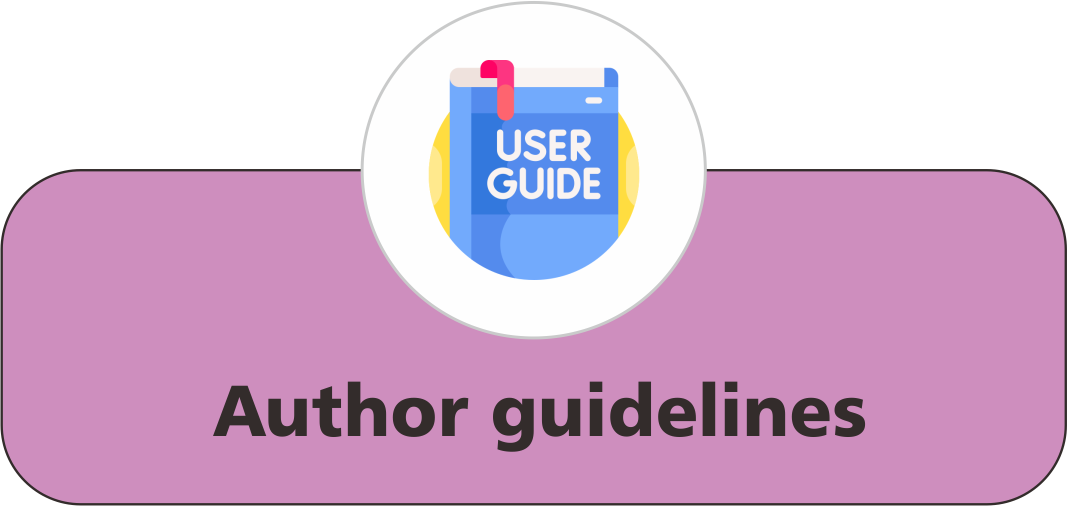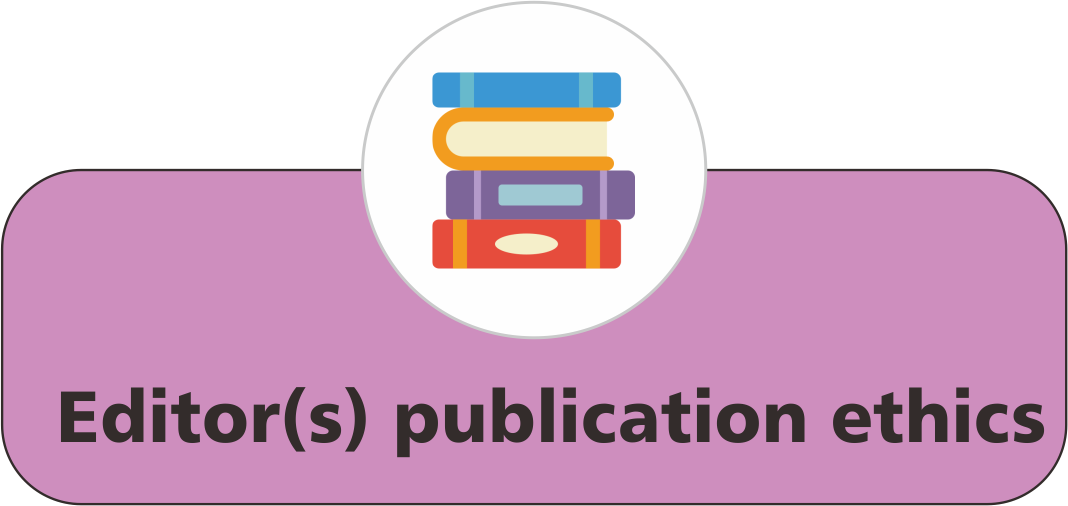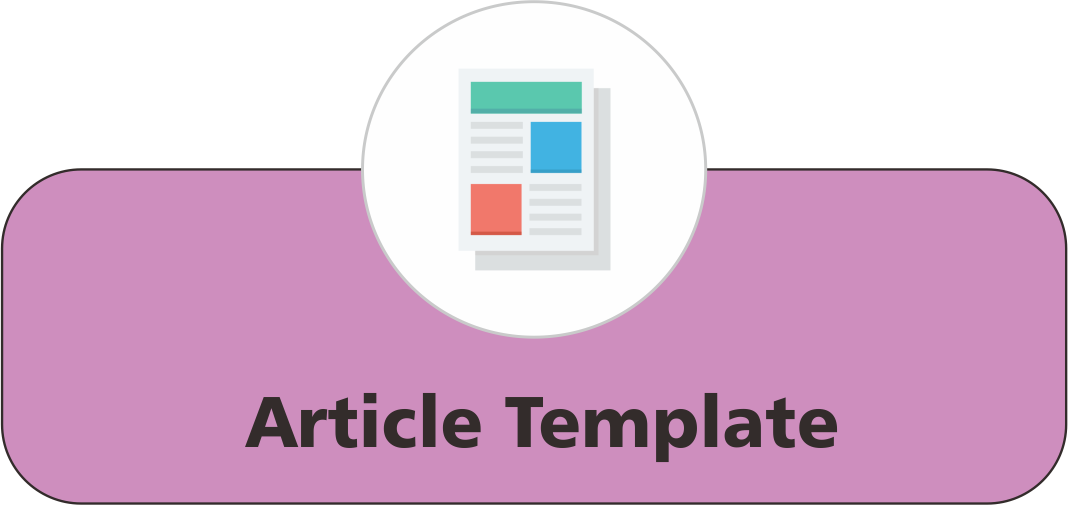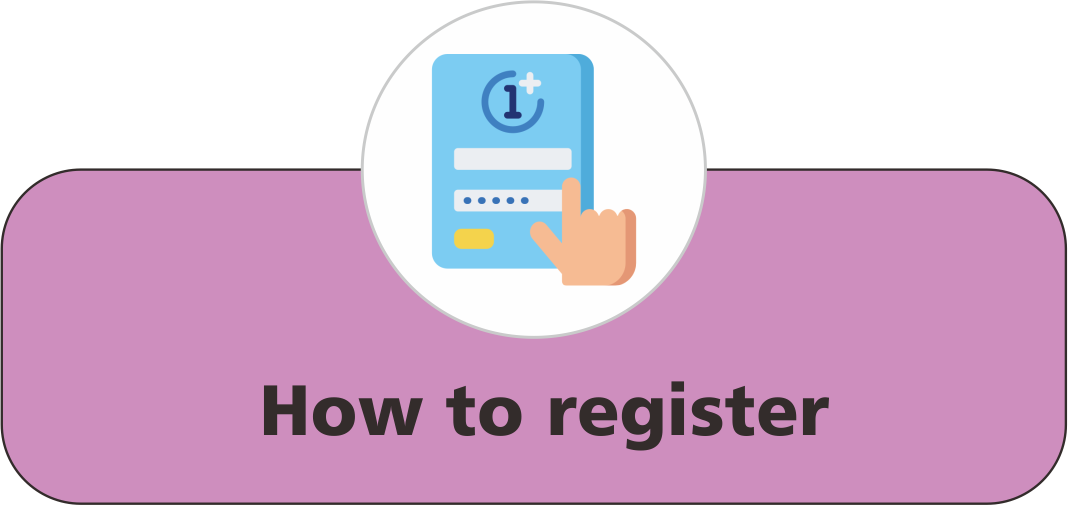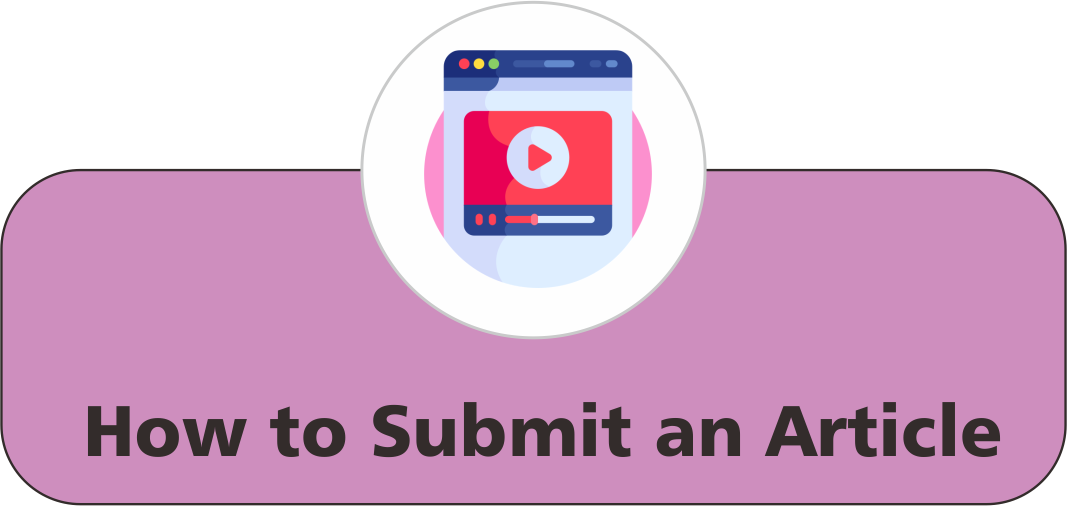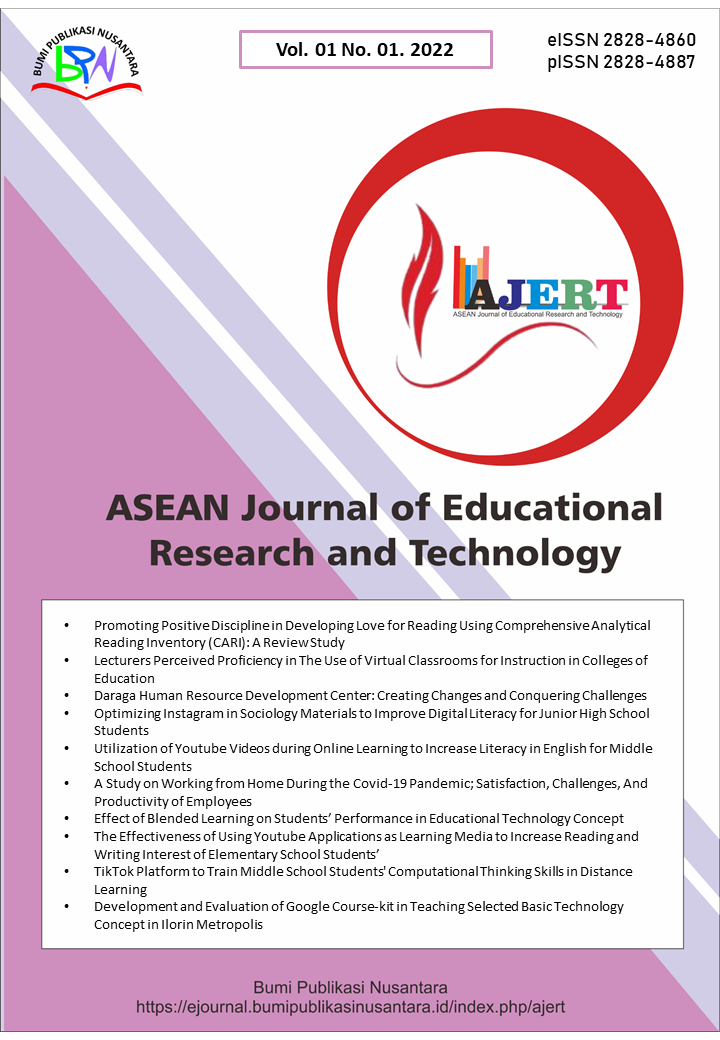Integrating Intelligent-Technological Pedagogical and Content Knowledge (Intelligent-TPACK) and Tripartite Models to Examine Teachers’ Knowledge and Attitudes Toward Artificial Intelligence (AI)
 ), Youssef Nafidi(2),
), Youssef Nafidi(2),
(1) Mohammed V University
(2) Mohammed V University
 Corresponding Author
Corresponding Author
Abstract
Keywords
References
Al-Abdullatif, A. M. (2024). Modeling teachers’ acceptance of generative artificial intelligence use in higher education: The role of AI literacy, Intelligent TPACK, and perceived trust. Education Sciences, 14(11), 1209.
Ali, I. A. K. A. (2023). Les compétences technopédagogiques chez les enseignants de FLE: analyse des effets sur les pratiques enseignantes. Research in Language Teaching, 4(22), 19-59
Archambault, L. M., and Barnett, J. H. (2010). Revisiting technological pedagogical content knowledge: Exploring the TPACK framework. Computers and Education, 55(4), 1656–1662.
Biyouda, S., and Zahid, A. (2021). La qualité de l’enseignement au Maroc et la motivation des enseignants: Des réformes dans un climat de travail dégradé. Revue Économie and Kapital, 20, 20.
Breckler, S. J. (1984). Empirical validation of affect, behavior, and cognition as distinct components of attitude. Journal of Personality and Social Psychology, 47(6), 1191–1205.
Celik, I. (2023). Towards Intelligent-TPACK: An empirical study on teachers’ professional knowledge to ethically integrate artificial intelligence (AI)-based tools into education. Computers in Human Behavior, 138, 107468.
Chai, C. S., Koh, J. H. L., and Tsai, C.-C. (2010). Facilitating preservice teachers’ development of technological, pedagogical, and content knowledge (TPACK). Educational Technology and Society, 13(4), 63–73.
Davis, F. D. (1989). Perceived usefulness, perceived ease of use, and user acceptance of information technology. MIS Quarterly, 13(3), 319–340.
Dilling, F., and Vogler, A. (2023). Pre-service teachers’ reflections on attitudes towards teaching and learning mathematics with online platforms at school: A case study in the context of a university online training. Technology, Knowledge and Learning, 28(3), 1401–1424.
Donat, E., Brandtweiner, R., and Kerschbaum, J. (2009). Attitudes and the digital divide: Attitude measurement as instrument to predict internet usage. Informing Science: The International Journal of an Emerging Transdiscipline, 12, 37–56.
Gorani, A. E. (2021). La mise en œuvre de la stratégie nationale de la formation continue des ressources humaines dans le cadre de la réforme éducative au Maroc. International Journal of Accounting, Finance, Auditing, Management and Economics, 2(5), 5.
Hair, J. F., Ringle, C. M., and Sarstedt, M. (2011). PLS-SEM: Indeed a silver bullet. Journal of Marketing Theory and Practice, 19(2), 139–152.
Koehler, M., and Mishra, P. (2009). What is technological pedagogical content knowledge (TPACK)?. Contemporary Issues in Technology and Teacher Education, 9(1), 60-70.
McIntosh, A. R., and Gonzalez-Lima, F. (1994). Structural equation modeling and its application to network analysis in functional brain imaging. Human Brain Mapping, 2(1–2), 2–22.
Mishra, P., and Koehler, M. J. (2006). Technological pedagogical content knowledge: A framework for teacher knowledge. Teachers College Record, 108(6), 1017–1054.
Nejjari, A., and Bakkali, I. (2017). L’usage des TIC à l’école marocaine: État des lieux et perspectives. Hermès, La Revue, 78(2), 55–61.
Ning, Y., Zhang, C., Xu, B., Zhou, Y., and Wijaya, T. T. (2024). Teachers’ AI-TPACK: Exploring the relationship between knowledge elements. Sustainability, 16(3), 978.
Petko, D., Mishra, P., and Koehler, M. J. (2025). TPACK in context: An updated model. Computers and Education Open, 8, 100244.
Shmueli, G., Sarstedt, M., Hair, J. F., Cheah, J.-H., Ting, H., Vaithilingam, S., and Ringle, C. M. (2019). Predictive model assessment in PLS-SEM: Guidelines for using PLSpredict. European Journal of Marketing, 53(11), 2322–2347.
Yang, P., Liu, Y., and Li, Y. (2025). The mediating role of self-regulation in fostering Intelligent-TPACK and ethics in physical education teacher education students. Scientific Reports, 15(1), 34126.
Article Metrics
Abstract View : 408 times
: 408 times Download : 242 times
Download : 242 times
Refbacks
- There are currently no refbacks.
Copyright (c) 2025 Bumi Publikasi Nusantara

This work is licensed under a Creative Commons Attribution-ShareAlike 4.0 International License.

